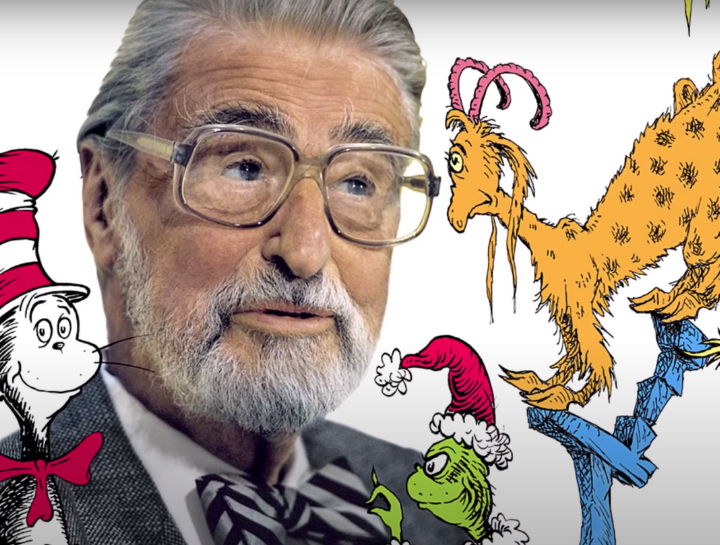In a recent statement from Dr. Seuss Enterprises, the company announced it would be ceasing publication and licensing of the following Seuss stories: And to Think That I Saw It on Mulberry Street, If I Ran the Zoo, McElligot’s Pool, On Beyond Zebra!, Scrambled Eggs Super!, and The Cat’s Quizzer.
It’s Not All Green Eggs and Ham

The decision was made in coordination with a panel of experts in response to concerns regarding racist and insensitive imagery in the books. This is largely unsurprising, as Theodor Seuss Geisel published his works in an early 20th-century America rife with racism.
Both liberal and conservative media figures are condemning the changes to the Seuss catalog. The former believes the accountability move is long overdue; the latter dismisses the action as a superfluous act of “cancel culture.”
The widespread phenomenon of cancel culture is undoubtedly a double-edged sword. Some argue it infringes on freedom of speech. In contrast, others celebrate the societal progress made in its name: racist statues have been toppled, celebrities and politicians are made to answer to their abuse, and corporations are forced to reconsider their detrimental business practices.
Over 600 million copies of Dr. Seuss’ books have been sold worldwide, and perhaps it’s this ubiquity that has the world so on edge. Seuss was a part of most of our childhoods, whether through books or spin-off films, and none of us want to hear that the man who wrote Green Eggs and Ham, Oh, the Places You’ll Go, and How the Grinch Stole Christmas was a racist.
It’s 2021: Time to Ditch Culture of the 1930s

A more digestible notion is that Seuss was merely a product of his time. It’s hard to imagine the goofy, sing-songy books that made us laugh, imagine, and ponder were ever made with malicious intent. That’s the funny way racism works in America. Its roots run so deep, so pervasively, that even the best of us could unknowingly fall into the role of the oppressor.
Seuss’ impact on child development is widely lauded today, with some experts suggesting Dr. Seuss specifically for children struggling with conflict-resolution skills. What conflict solutions are presented to a young Asian or Black reader, then, who turns the page and sees a reductive, demeaning stereotype of their family’s culture, appearance, and mannerisms?
Therein lies the true essence of cancel culture: evolving on an individual and societal level to see inequality, discrimination, and bigotry in even the most seemingly innocent forms. Seuss’ books’ hurtful imagery and subliminal messaging might not have been an intentional, malevolent move by the author, but it’s there nonetheless. And while it definitely could’ve been addressed sooner, at least it’s happening now.
Leaving behind that which does not serve all of society is not an overly-sensitive move; it’s a pragmatic one. No one’s asking you to never watch the Grinch movie on Christmas ever again. Rather, we’re making sure that everyone can enjoy the whimsical wonder of the Seussian universe regardless of skin color, nationality, or otherwise.
